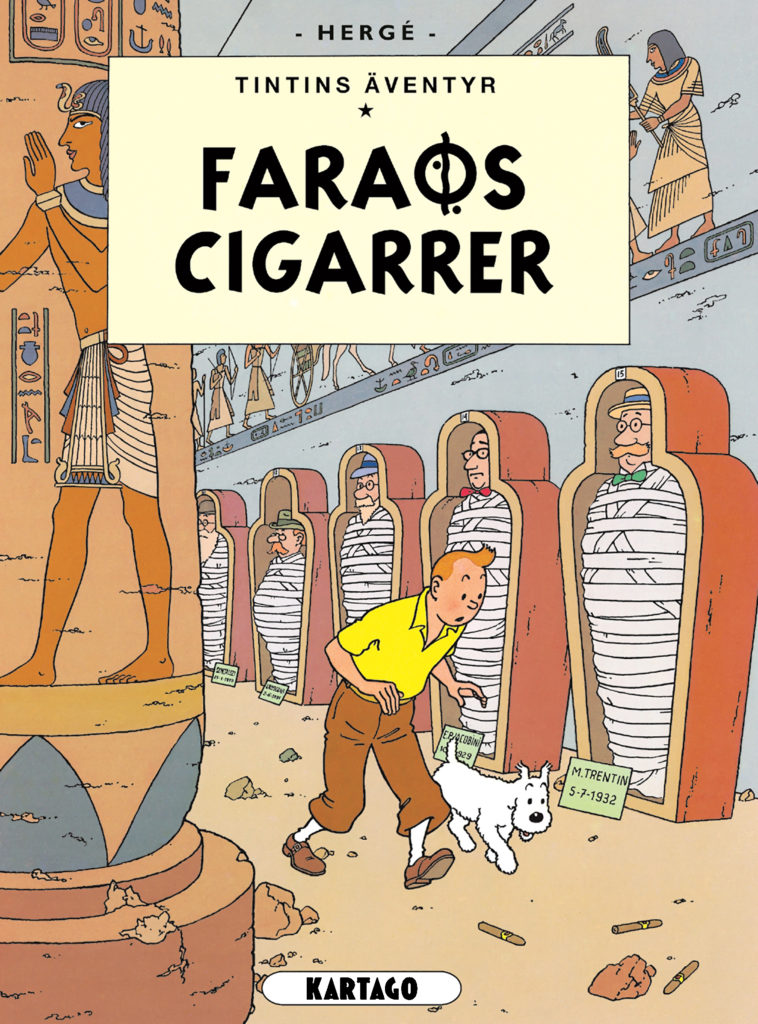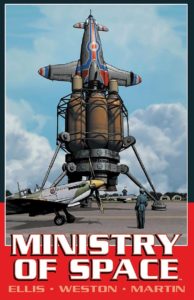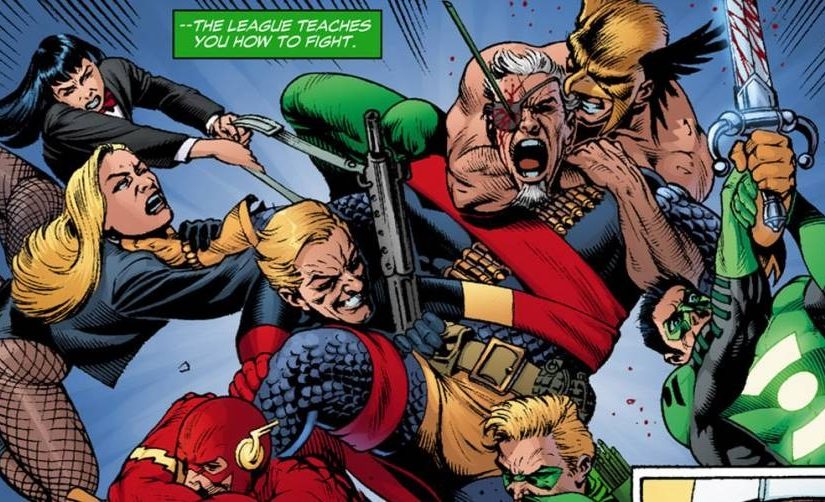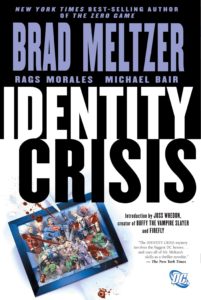Du nalkas, ljuva sommar, och med dig så även cigarrsäsongen!
Ända sedan första gången jag läste Faraos cigarrer har jag varit fascinerad av dessa rökverk. Faraos cigarrer är det första riktiga Tintin-albumet. Det släpptes förvisso tre album före Faraos cigarrer – Tintin i Sovjet, Tintin i Kongo och Tintin i Amerika – men dessa är, milt sagt, usla. De har åldrats illa och har ett fragmentariskt och ibland helt slumpartat narrativ.
När det bråkades om Tintin i Kongos vara eller icke vara i bibliotekens utbud för några år sedan var jag inte emot att de rensades ut. Inte för att jag tycker historien bör censureras; beslutet att kasta ut Tintin i Kongo var enligt min mening fattat på felaktiga grunder. Det skildrar förvisso Afrika och afrikaner på ett för vår tid oacceptabelt sätt, men i första hand borde Tintin i Kongo plockas bort för att det är ett uselt serie-album, som inte alls är representativt för Hegrés fortsatta Tintin-gärning.
Men nu var det ju cigarrer jag skulle tala om. Tintin får vi avhandla en annan gång.
Jag är ganska ny som cigarrkonsument. Tidigare i mitt liv har jag inte tillåtits – av mig själv – att hänge mig åt denna tobaksvara. Dels för att det är dyrt, och dels har jag tyckt att det känts lite pretentiöst.
Dyrt är det fortfarande, men nu känner jag att åldern är nådd då jag kan skita i om någon uppfattar det som löjligt och gubbigt att sitta och puffa på rullade tobaksblad. Eller, eventuellt, är det bara min fåfängda vilja att framstå som världsvan som tar sig nya uttryck.
Vem vet.
Eftersom en god vän till mig driver en cigarrbutik på nätet, kände jag att jag hade en cigarrnestor i min närhet att luta mig mot. Någon som kan ge mig handfasta tips och råd i cigarrdjungeln.
Jag vet ännu inte om det kommer bli en stående vana att puffa cigarr, men jag har bestämt mig för att ge det en chans. Jag tänkte dessutom berika världen med mina totalt amatörmässiga recensioner av de rökdon jag provat.
Mycket nöje – och håll för näsan!



